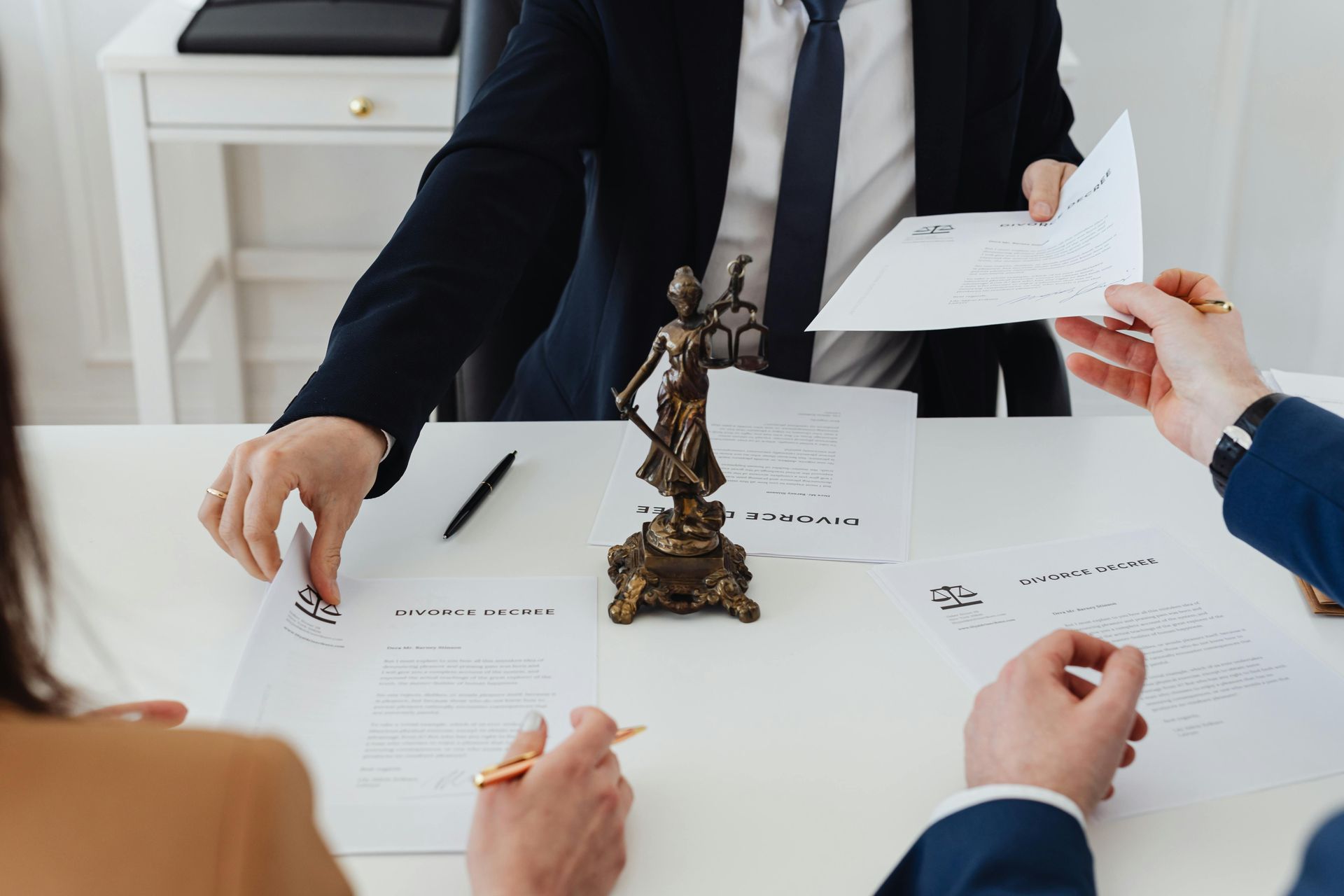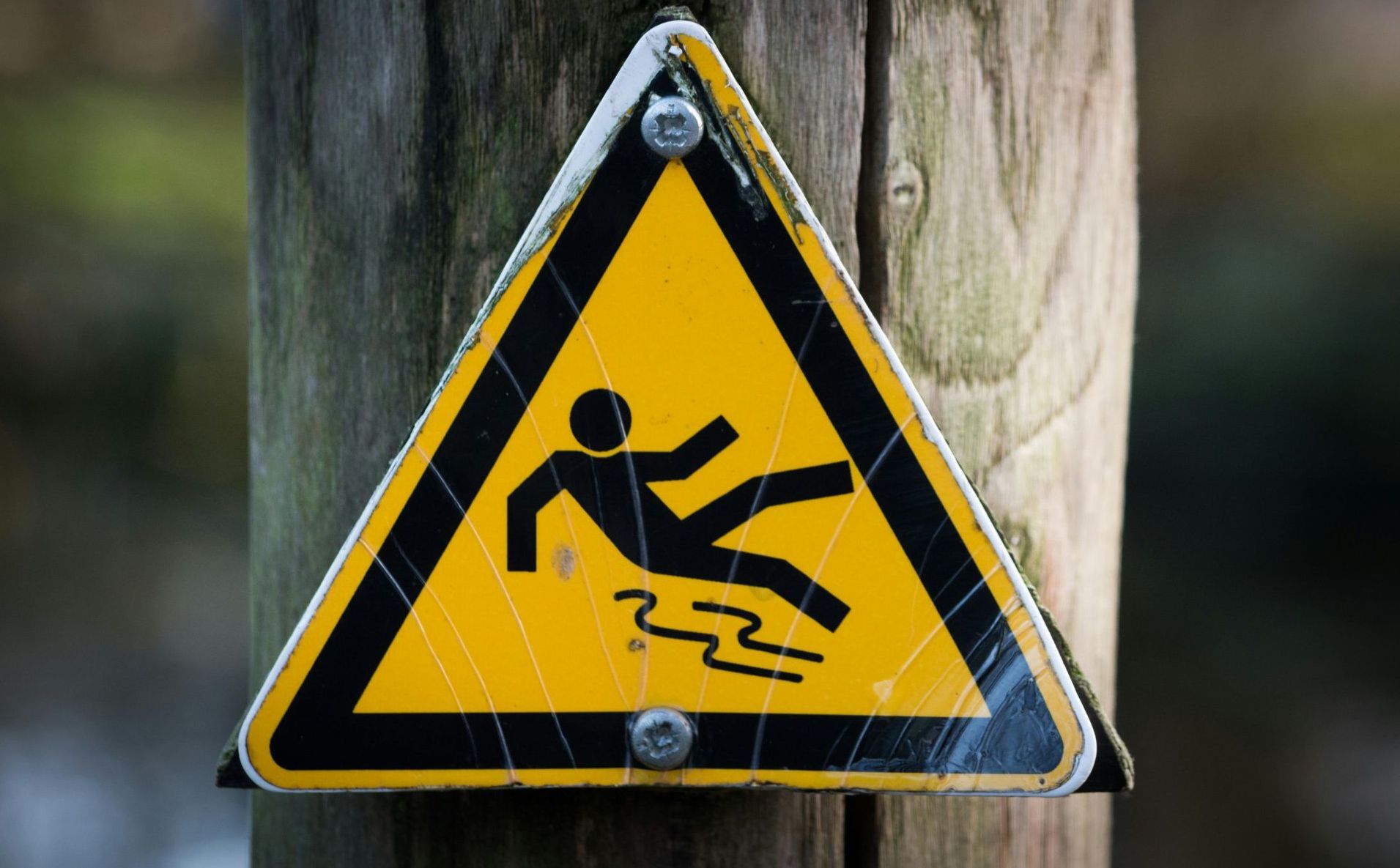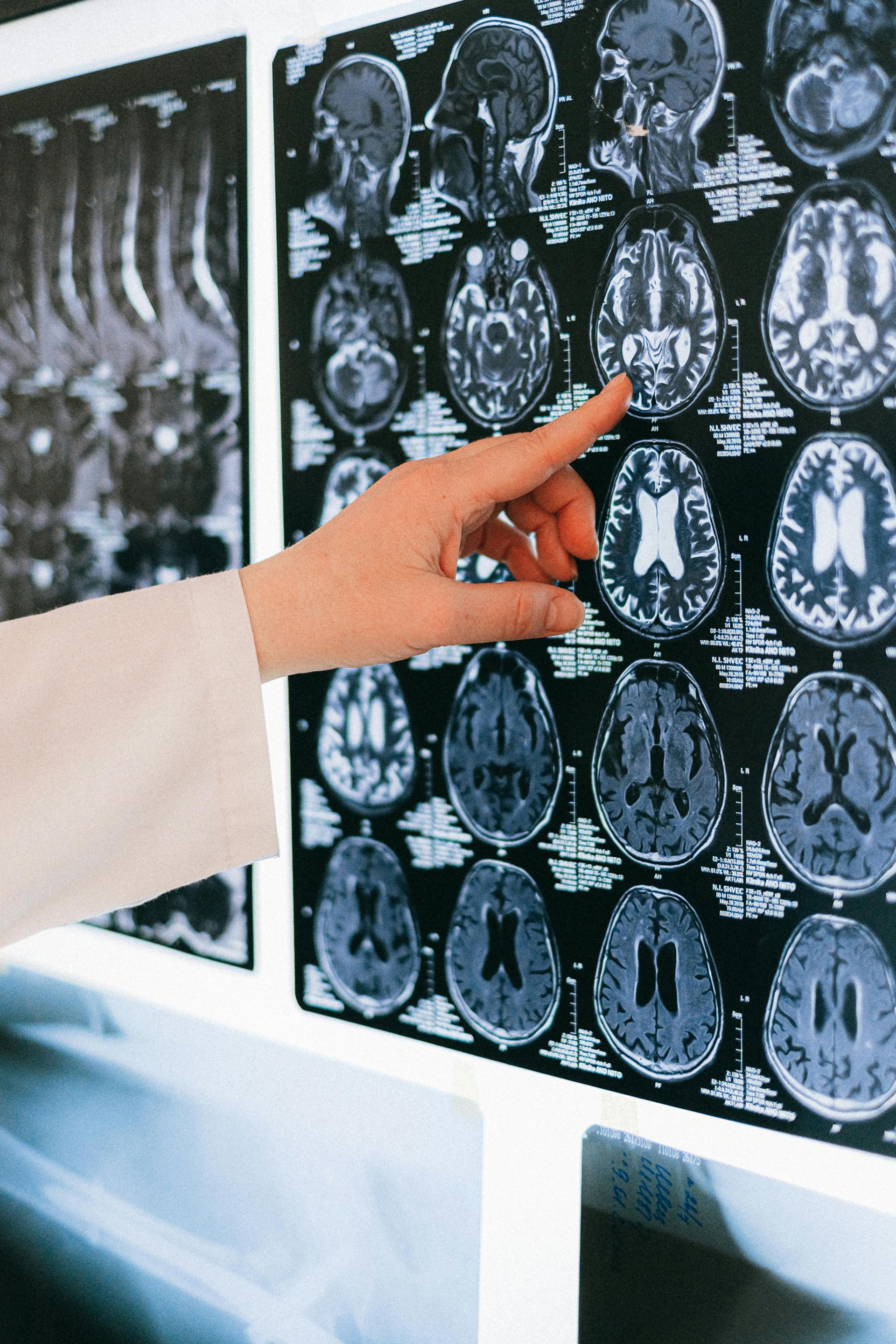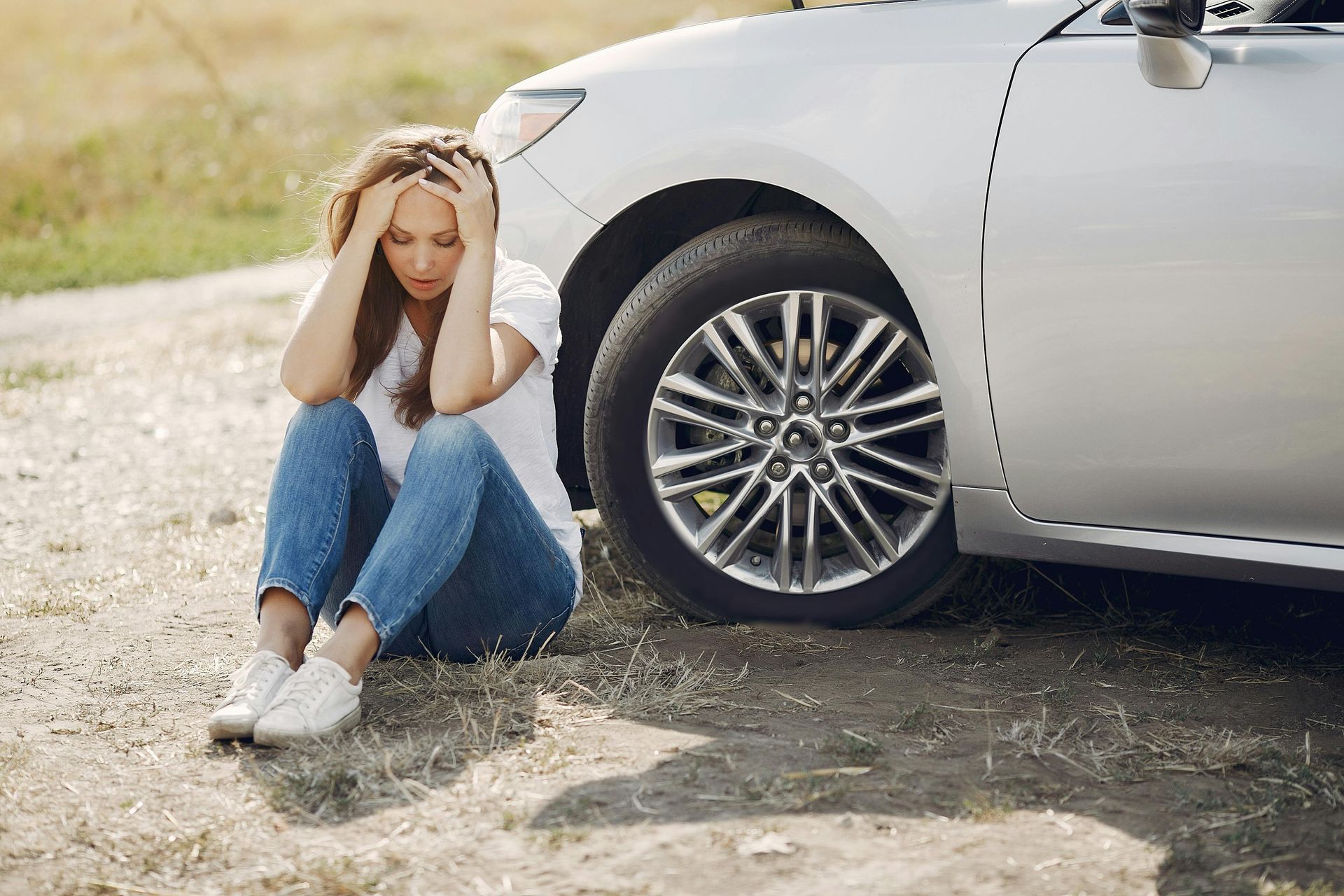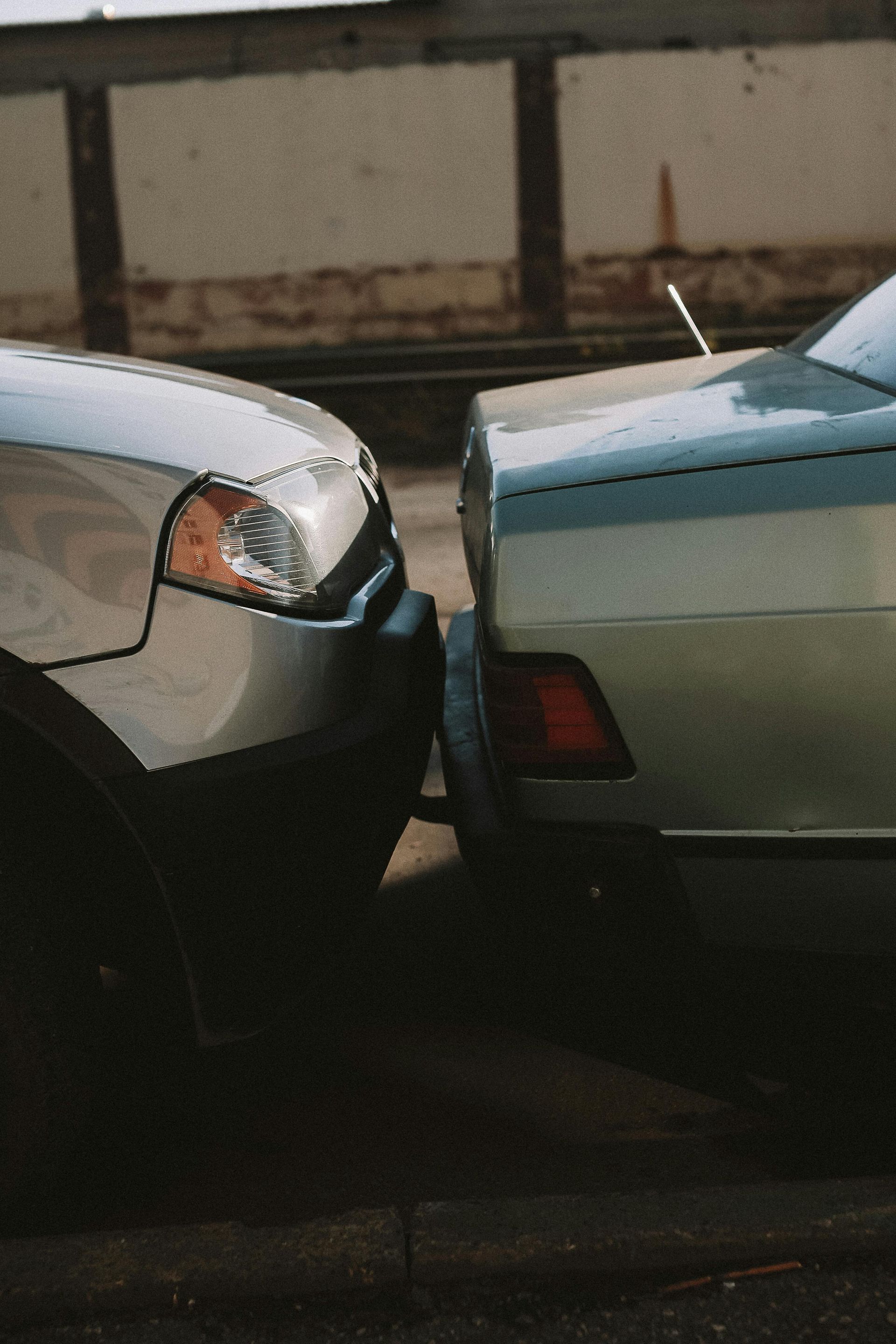Get Experienced & Committed Counsel
Product Liability Cases in Florida: When Defective Products Cause Harm
Law Office of Alex Hernandez • August 1, 2025
Product Liability Cases in Florida: When Defective Products Cause Harm
Every day, consumers across Florida rely on products to function safely and as intended. When defective products cause injuries, victims face complex legal challenges involving multiple parties and intricate liability questions. Understanding product liability law helps injured consumers recognize their rights and pursue appropriate compensation for damages caused by dangerous or defective products.
Understanding Product Liability in Florida
Product liability law holds manufacturers, distributors, and retailers responsible for placing defective products in the marketplace. Florida follows strict liability principles for product defects, meaning injured parties don't need to prove negligence—only that the product was defective and caused their injuries. This legal framework protects consumers by shifting the burden of proof away from individuals who lack the resources to investigate complex manufacturing processes.
Three primary types of product defects create liability: design defects, manufacturing defects, and warning defects. Each category presents unique challenges and requires different approaches to establish liability and recover damages.
Types of Product Defects
Design defects exist when products are inherently dangerous due to flawed design concepts. These defects affect entire product lines rather than individual items. Examples include vehicles with unstable designs that increase rollover risks or power tools lacking proper safety guards. Design defect cases often require expert testimony to demonstrate safer alternative designs were feasible at the time of manufacture.
Manufacturing defects occur during the production process, affecting specific products rather than entire lines. These might include contaminated food products, improperly assembled machinery, or medical devices with faulty components. Manufacturing defect cases typically involve comparing the defective product to properly manufactured versions of the same item.
Warning defects, also called failure to warn or inadequate labeling defects, involve insufficient instructions or warnings about known product risks. Pharmaceutical companies, for instance, must warn consumers about potential side effects. Chemical manufacturers must provide proper handling instructions and safety precautions for their products.
Common Product Liability Cases
Automotive defects represent a significant category of product liability claims. These range from faulty airbags that fail to deploy or deploy improperly, to brake systems that malfunction, and tires that experience tread separation. Vehicle defects often result in serious injuries due to the high speeds and forces involved in automotive accidents.
Medical device failures create particularly complex liability scenarios. From hip implants that deteriorate prematurely to pacemakers with defective batteries, medical device defects can cause severe health complications. These cases often involve extensive medical records, expert testimony, and long-term health impacts that affect damage calculations.
Consumer products like household appliances, tools, and children's toys also generate liability claims when design or manufacturing flaws cause injuries. Kitchen appliances that overheat, power tools with inadequate guards, and toys with small parts that pose choking hazards all fall into this category.
Establishing Liability in Product Cases
Successful product liability claims require proving several key elements. First, the product must have been defective when it left the defendant's control. This often involves examining the product's condition, manufacturing processes, and quality control procedures. Expert witnesses frequently provide crucial testimony about industry standards and proper manufacturing practices.
Second, the defect must have caused the plaintiff's injuries. This causation requirement can be challenging when multiple factors contribute to an accident. Medical experts often help establish the connection between product defects and resulting injuries, particularly in cases involving complex medical conditions or long-term health effects.
Finally, the plaintiff must have been using the product as intended or in a reasonably foreseeable manner. While manufacturers can't anticipate every possible misuse, they must design products to be safe for normal use and reasonably foreseeable misuse scenarios.
Multiple Defendants in Product Cases
Product liability cases often involve multiple defendants throughout the distribution chain. Manufacturers bear primary responsibility for design and manufacturing defects, but distributors and retailers may also face liability depending on their role in the product's journey to consumers.
Component part manufacturers can be liable when their defective parts contribute to product failures. For example, if a brake component manufacturer produces defective parts that cause vehicle accidents, both the component manufacturer and vehicle manufacturer may face liability claims.
This multi-defendant structure can work to plaintiffs' advantage by providing multiple sources of compensation, but it also creates complex litigation scenarios requiring skilled legal navigation to ensure all responsible parties are held accountable.
Damages in Product Liability Cases
Product liability compensation typically includes medical expenses, lost wages, pain and suffering, and property damage. In cases involving permanent disabilities or long-term health effects, damages may also cover future medical care, rehabilitation costs, and reduced earning capacity.
Some product liability cases may warrant punitive damages when manufacturers demonstrate reckless disregard for consumer safety. These damages serve to punish wrongful conduct and deter similar behavior, though Florida law places specific requirements on punitive damage awards.
The Importance of Preserving Evidence
Product liability cases depend heavily on physical evidence, making preservation crucial for successful claims. The defective product itself provides the most important evidence, so avoiding any alterations or repairs until legal consultation is essential. Photographs documenting the product's condition and the accident scene also prove valuable.
Medical records linking injuries to product use, purchase receipts establishing the product's source, and any communications with manufacturers about defects all contribute to building strong liability cases.
Seeking Experienced Legal Representation
Product liability cases require extensive investigation, expert testimony, and knowledge of complex legal principles. If you've been injured by a defective product anywhere in Florida, don't face manufacturers and their legal teams alone. The Law Office of Alex Hernandez has the experience and resources necessary to investigate product defects thoroughly and pursue fair compensation from all responsible parties.
Our experience with product liability cases and commitment to thorough investigation ensures your case receives the attention and resources needed for successful resolution. We work with expert witnesses, conduct comprehensive investigations, and negotiate effectively with multiple defendants to maximize your recovery.
Contact our office at (727) 443-0701 for a free consultation. We're dedicated to holding manufacturers accountable for dangerous products and ensuring injured consumers receive the compensation they deserve to recover and move forward with their lives.
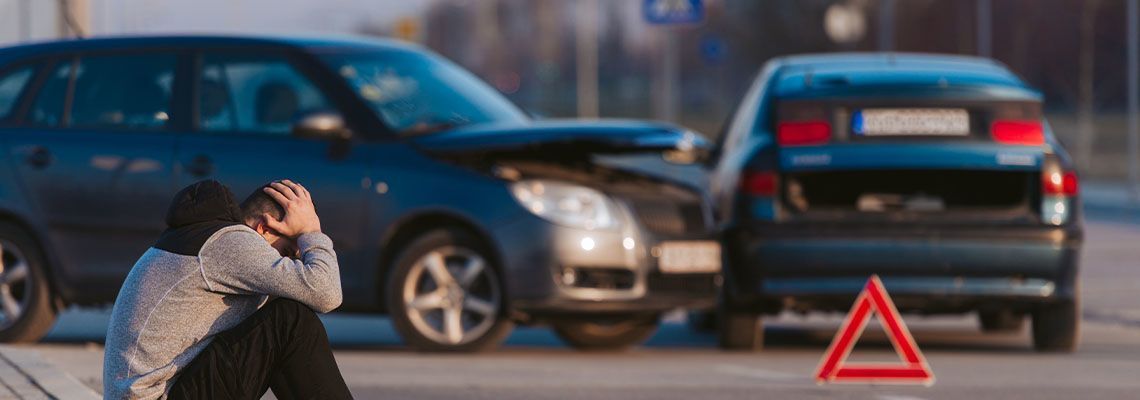
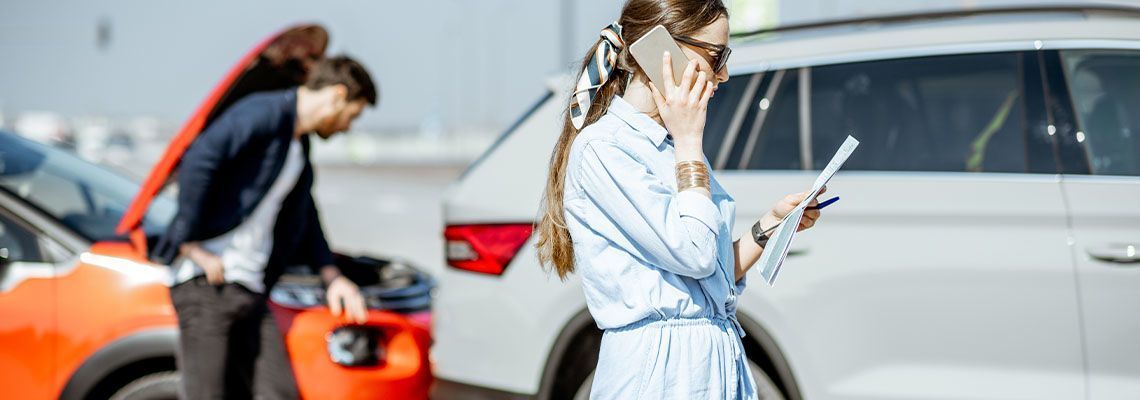
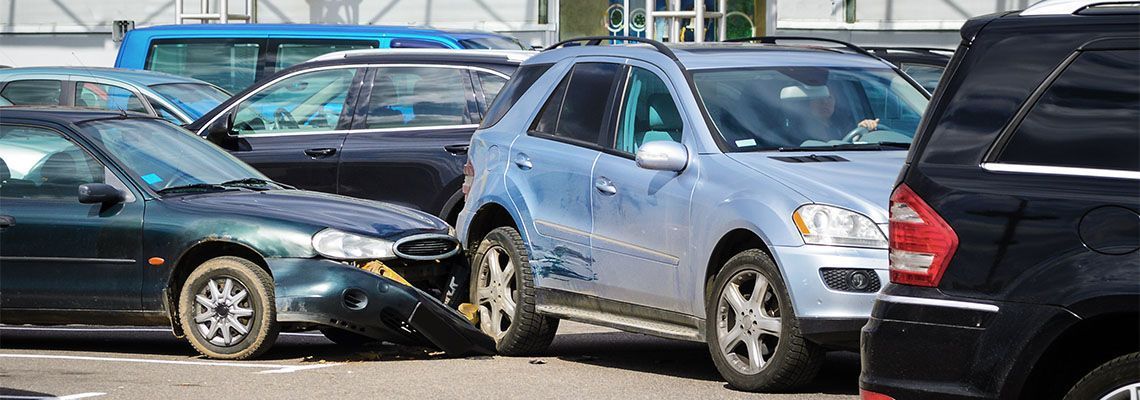
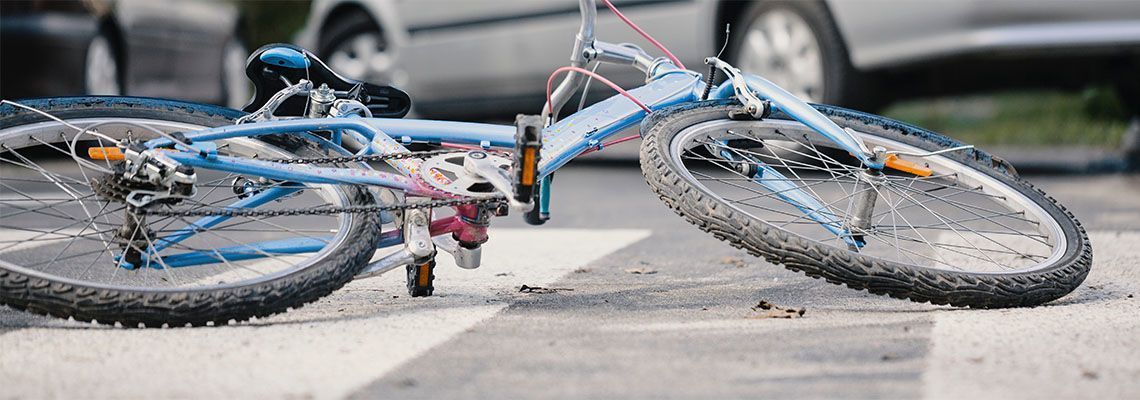
Contact Us Today
Fill out the attached form to schedule a free consultation.
Law Office of Alex Hernandez
- Mon - Sun
- Open 24 Hours
Contact Us
We will get back to you as soon as possible.
Please try again later.





